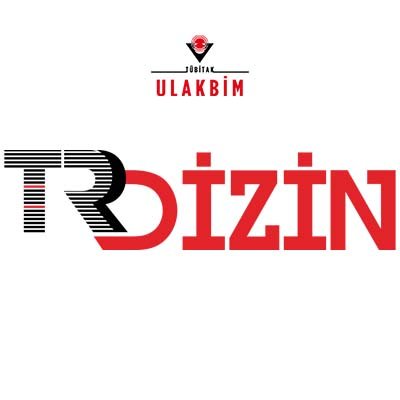This study examines the impact of psychological flexibility on the prediction of well-being among adolescents who engage in sports and those who do not. In addition, well-being and psychological flexibility in adolescents were compared according to gender, school type, participation in sports, and duration of sports participation. The study group consists of a total of 503 students attending three different types of schools (Sports High School, Anatolian High School, and Vocational Technical Anatolian High School) in Ankara. The “EPOCH Measure of Adolescent Well-Being” (named with the initials of 5 positive psychological traits: Engagement, Perseverance, Optimism, Connectedness and Happiness), the “Multidimensional Psychological Flexibility Inventory,” and a “Personal Information Form” were used in the study. Descriptive statistics, independent samples t-test, one-way ANOVA, chi-square test, and regression analysis were used for data analysis. The results revealed that males had significantly higher levels of well-being and psychological flexibility than females. Students attending sports high schools were found to have higher levels of well-being and psychological flexibility than those attending Anatolian high schools and Vocational Technical Anatolian High Schools. Adolescents who engage in sports had significantly higher levels of well-being and psychological flexibility than those who do not participate in sports. Regarding the duration of sports participation, those who had been engaging in sports for less than 1 year had lower levels of well-being and psychological flexibility compared to those who had been participating in sports for 1 year or more. Lastly, it was found that psychological flexibility positively and significantly predicts well-being.
Cite this article as: Arslan, A., & Şingir, H. (2025). The relationship between well-being and psychological flexibility levels in adolescents based on their participation in sports. Research in Sports Science, 15, 0019, doi: 10.5152/rss.2025.25019.


.jpg)


.png)


